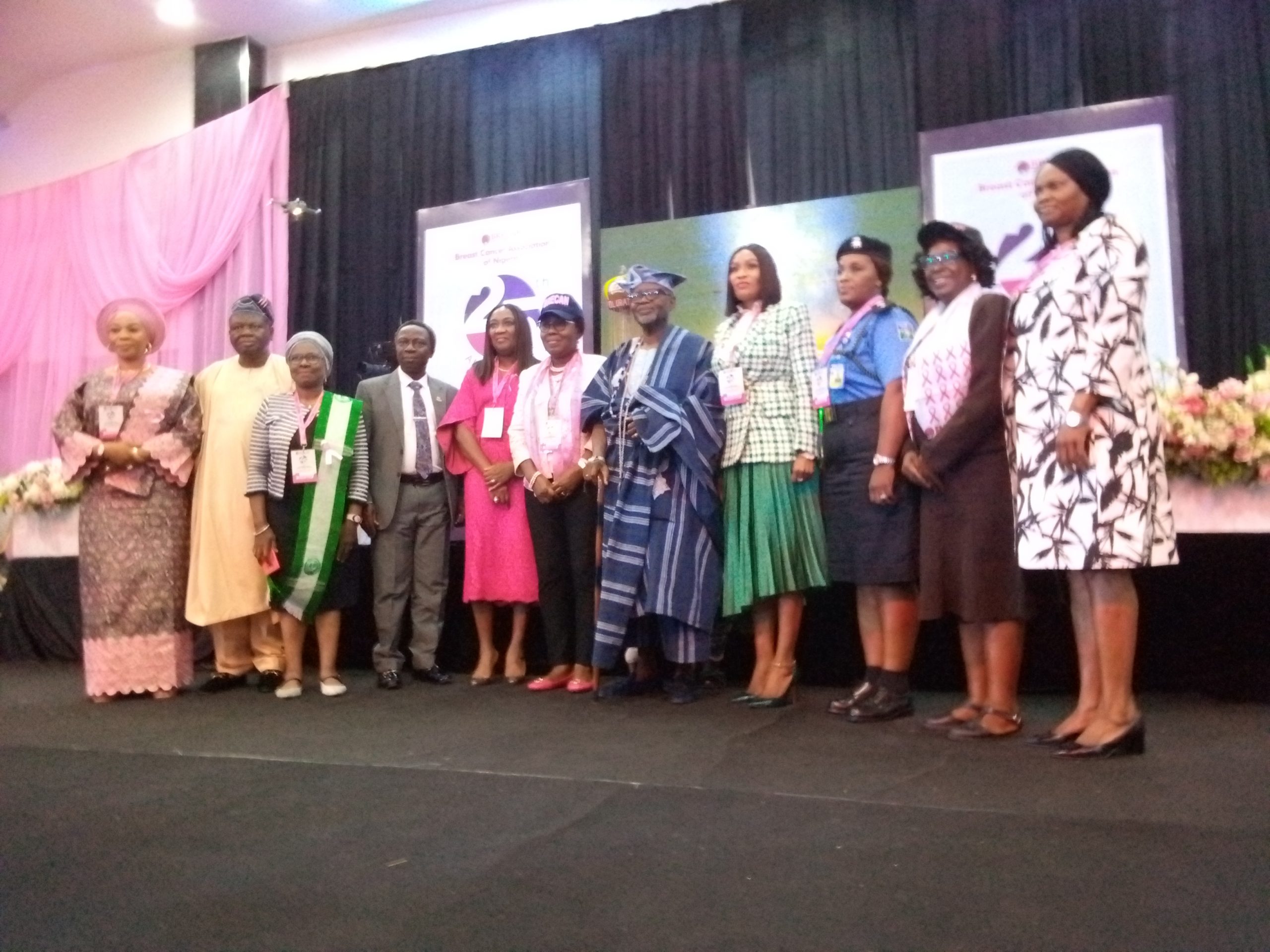Wife of the Ondo State Governor, Mrs. Betty Akeredolu on Thursday highlighted the reasons that make the implementation of cancer programming difficult in Nigeria.
She noted that the lack of adequate number of cancer registries to collect continuous and complete data on cancer such as the number of cases, the number presenting at specific stages, treatment options number surviving, number of mortalities and many more key indicators make cancer programming difficult to implement in Nigeria.
“Data available are mainly estimates, which are infact underestimated. The true representation of our cancer reality still does not exist. This makes it difficult for cancer advocates to express the true picture of the cancer reality in Nigeria to policy makers in order to secure political will and action”, she said.
In her speech in Ibadan at the 25th Anniversary and 4th International Breast Cancer Symposium of the Breast Cancer Association of Nigeria, (BRECAN), themed “Close the care gap”, Akeredolu stated that data is important and it is a powerful tool for planning.
“The need to upscale our system to include accurate collection, management, analysis and reporting of cancer data is at the core of this 4th international breast cancer symposium as we celebrate BRECAN 25 years of actively working to improve breast cancer outcome through awareness, patient support, advocacy and research.
“This conference is setting up the stage for a radical implementation of more population based cancer registry in Nigeria.
“It is pivotal to have data that represents our population as black Africans for cancer diagnostic and treatment technologies tailored to suit our population type
“With the prevailing high rates of cancer incidence and mortality in Nigeria, there is the need for a more innovative cancer control programming in Nigeria and other LMICs, complete and accurate data is essential”, she said.
The BRECAN President, maintained that cancer survivors must be engaged in order to learn what works for the population and put faces to the cancer success stories.
“The success stories are a qualitative testament to the general public that cancer can be defeated if the right actions are taken quickly; hence, improving cancer outcome in our region”, Akeredolu stated.









